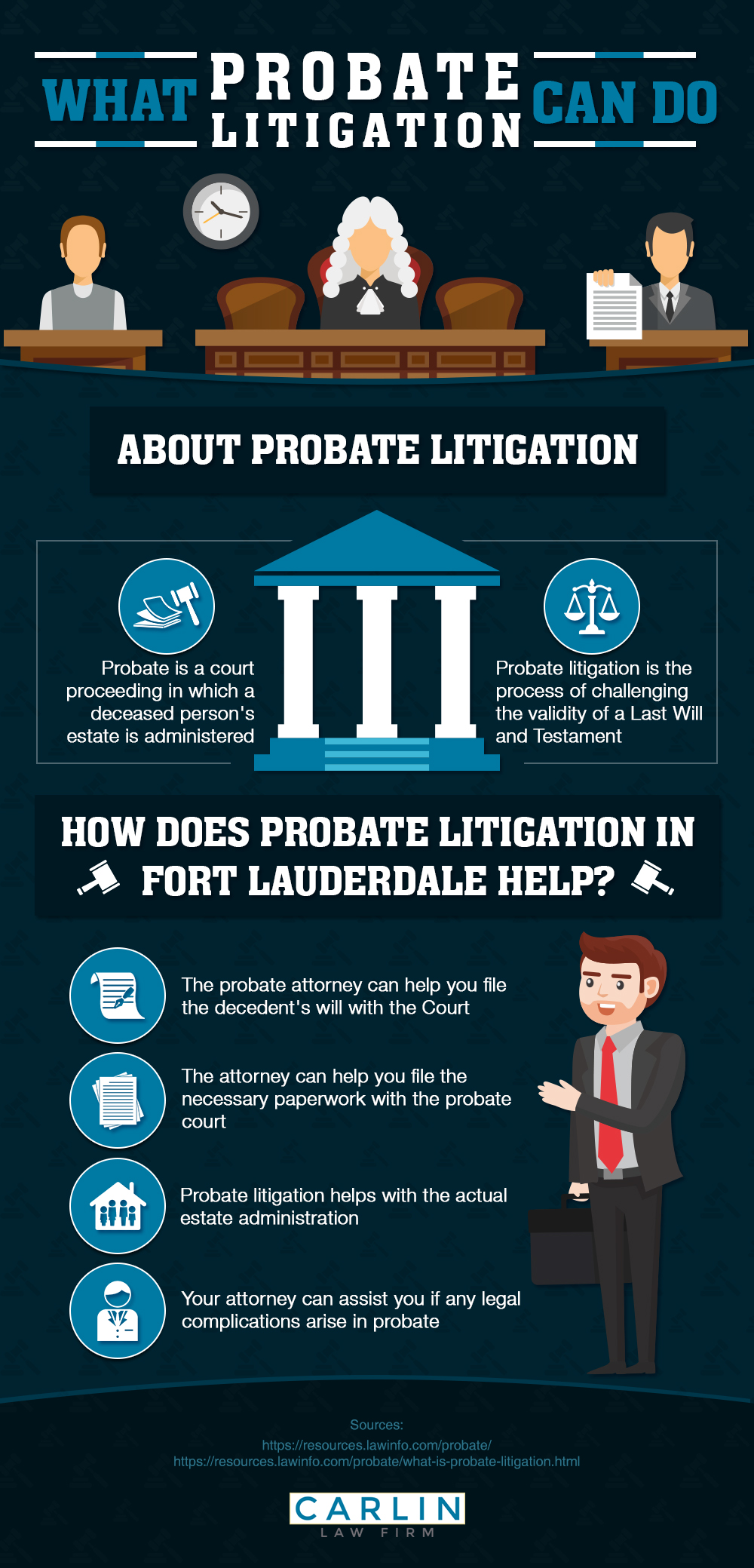If you suspect a will does not reflect the true intentions of the deceased, there are several legal grounds to fight a will in Fort Lauderdale. One major basis is undue influence—when someone manipulates or pressures the deceased into distributing their estate in a way that benefits them unfairly, diverging from what the decedent would have done independently.
Another critical factor is lack of testamentary capacity. If the person making the will was suffering from mental or physical conditions that impaired their judgment, the will may be declared invalid due to incapacity. Forgery or falsified documents can also invalidate a will. This includes forged signatures or altered content that misrepresents the true wishes of the deceased. Fraud is another serious issue such as when someone tricks the testator into signing under false pretenses or with incorrect information.
Additionally, mistakes or errors whether from confusion or unawareness that the document was a will—can render it contestable. Lastly, if the will was created under threats or force, it can be legally challenged for being made under duress, not free will.



